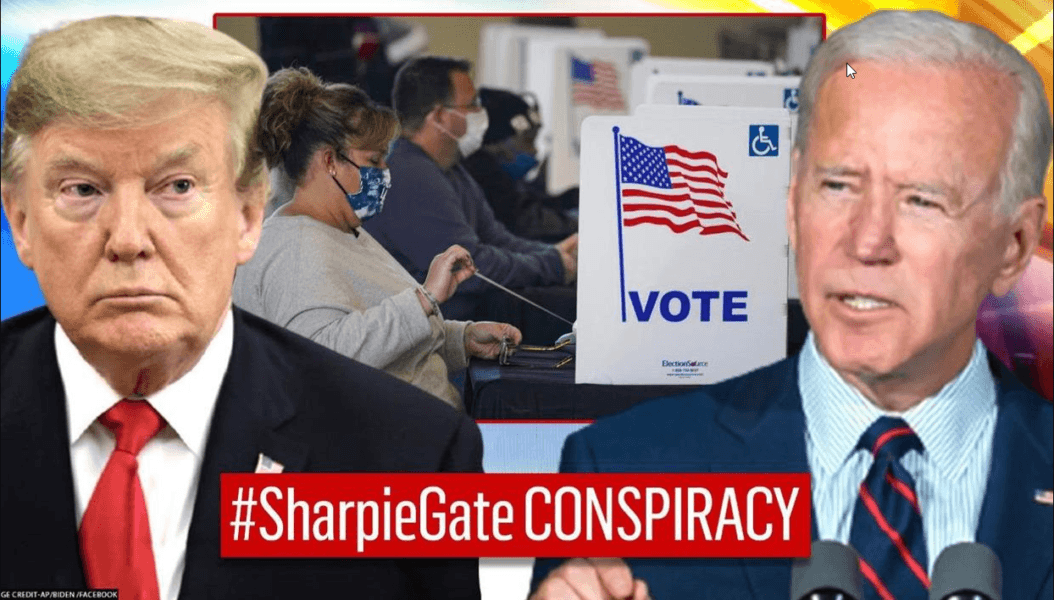
Humans can sign with some relief as they’ve won the short-term battle against robots taking their jobs. It might be short lived as technology continues the march forward, but it’s some good news in today’s world.
Walmart is laying off the robots it had deployed in about 500 stores to keep tabs on what’s on and not on the shelves.
The retailer said Monday it has ended its relationship with startup Bossa Nova Robotics, which builds roving robots equipped with cameras for identifying out-of-stock and misplaced products.
Walmart said in a statement it has “worked with Bossa Nova for five years and together we learned a lot about how technology can assist associates, make jobs easier and provide a better customer experience.” It said it is still testing other new technologies for tracking inventory and moving goods.
The Wall Street Journal was first to report the ending partnership Monday, citing unnamed people familiar with the situation who said the retailer found human workers could get similar results. There was also some concern about how shoppers reacted to robots doing the work, according to the report.
Bossa Nova, which was founded in 2005 in Pittsburgh didn’t immediately respond to an emailed request for comment Monday.

Donald Trump Allies Get Trumped With Sharpiegate By Facts
Trump and his allies have tried everything from ‘Sharpiegate’ to partisan poll watchers for the 2020 Presidential Election, but facts are stopping them in their tracks quicker than usual.
While much of America was sleeping Wednesday morning, President Donald Trump’s leads in crucial battleground states began slipping — and that’s when online falsehoods about the election started surging.
More than 100,000 votes that Democratic nominee Joe Biden picked up in Wisconsin were evidence of “outright corruption,” one Twitter user surmised. The ballots were “MAGICALLY” found, claimed another.
In fact, Biden’s early morning comeback in the closely watched Midwestern state was simply the result of absentee and early votes being counted.
With the outcome of the U.S. presidential race still in limbo, Trump and his supporters seized on — and spread — online misinformation about legally cast absentee and mail-in votes in battleground states. They used it as fodder to support the president’s baseless declaration on live television early Wednesday that Democrats were trying to “steal the election” from him.
“They are finding Biden votes all over the place — in Pennsylvania, Wisconsin, and Michigan. So bad for our Country!” Trump wrote in a tweet hours later. Trump’s campaign filed lawsuits Wednesday in Pennsylvania, Michigan and Georgia, paving the way for him to contest the election’s outcome.
It’s standard practice in the United States to continue counting votes after Election Day.
Social media companies kept busy trying to counter the deluge of online misinformation, but experts say it is hard to completely blunt the impact.
Researchers at the Election Integrity Partnership, a group of some of the world’s top misinformation researchers, found that mentions of voter fraud rose dramatically immediately following Trump’s early morning remarks.
The unfounded allegations exploited public confusion over how elections are managed at a time when many voters were looking for help interpreting the unfolding results, said Kate Starbird, a University of Washington professor and online misinformation expert who is part of the group.
Many voters may have gone to sleep Tuesday assuming Trump’s leads in states like Wisconsin would hold, only to see Biden take the lead overnight.
“You’ve got this post-election uncertainty,” Starbird said. “We’ve seen a lot of things that were looking good for Trump in the night shift to blue, and we’re seeing attempts to delegitimize these shifts.”
On social media, the misinformation was rooted in allegations that the election had been stolen from Trump.
More than 221,000 retweets on Twitter mentioned stealing the election in a 24-hour period starting on Election Day, compared to just 10,000 tweets about the topic on Monday, according to an analysis from VineSight, a tech company that tracks online misinformation.
Terms like #StopTheSteal were mentioned nearly 120,000 times on websites and social media platforms throughout the day Tuesday. Philadelphia and Pennsylvania were referenced more than any other city or state, according to a similar analysis from media intelligence firm Zignal Labs.
Pennsylvania was a hot spot for election misinformation Tuesday. There were misleading claims about discarded Trump ballots and voting machines being shut down at polling locations circulating across Facebook and Twitter.
Misinformation continued to swirl about the state into Wednesday as the state remained undecided, including vague claims on social media that ballots had just been “found” in the state and shouldn’t be counted.
Others jumped on a data error in a map of Michigan that showed Biden getting a huge spike in votes in an update of results, with tweets shared thousands of times that said it showed “fraud.” Decision Desk HQ, which tacks election results and published the map, confirmed it was an error that was corrected.
And fake images garnering tens of thousands of Facebook interactions included memes featuring cardboard boxes labeled “Emergency Democrat Votes” and a stock photograph of a woman with the caption, “Hang on, we found more votes!” People falsely claimed on social networks that counting mail-in ballots amounted to corruption.
When Milwaukee election officials finished counting the city’s roughly 169,000 absentee ballots and uploaded the results around 3 a.m. Wednesday, pro-Trump social media accounts suggested it was a fraudulent “ballot dump.” Trump won Wisconsin in 2016 but Biden picked it up on Wednesday.
The count of the absentee ballots was live streamed on YouTube for anyone to watch and when it was finished, Milwaukee police escorted the city’s elections director from a central counting location to the county courthouse to deliver thumb drives with the data. Wisconsin law requires the results of those absentee ballots be reported all at once, Wisconsin Elections Commission Administrator Meagan Wolfe explained Wednesday.
“There are no dark corners or locked doors in elections,” Wolfe said.

